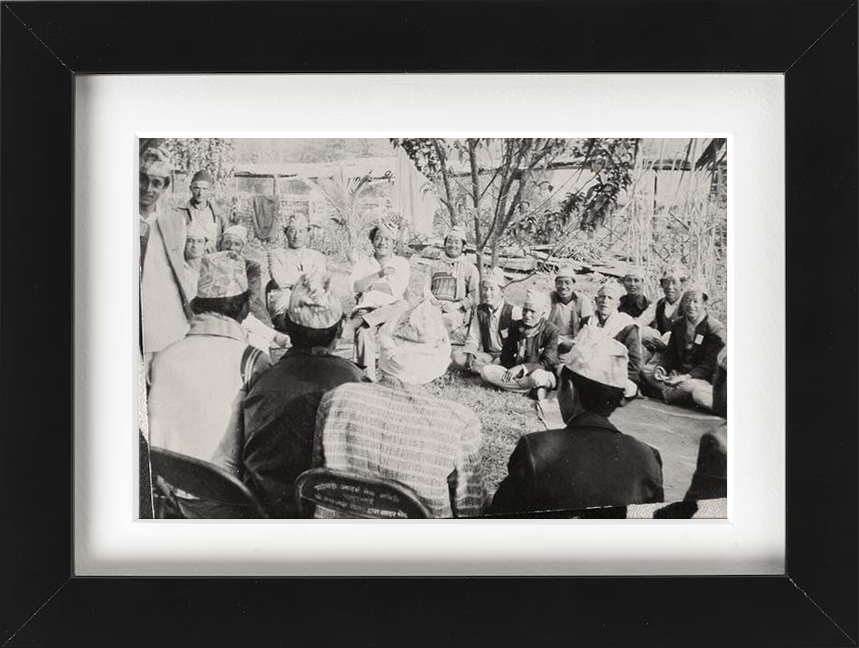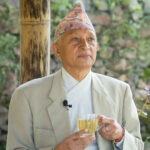OUR CERTIFICATIONS
















The idea of a tea plantation came to my mind on my way to Sikkim at the age of 15. I had stopped at Phupsiring Tea Garden in Darjeeling with a tea worker’s family. Although the worker had no idea where the owner lived, the living standard of the workers was comparatively better than that of my community in Nepal. I thought if all the uncultivated land of the villagers were pooled together, we could establish an even bigger tea garden. We could be the owner as well as workers of our own plantation. The idea was put into action only after a decade and a half when we were able to establish KTE. KTE is the result of the continued hard work of my fellow farmers as well as well-wishers – locally and globally.
My joy felt no bounds when a French friend of mine translated a report from a French student, Ms. Fanny from PURPAN University, mentioning what a female worker – Ms. Tara, a destitute – had to say about this plantation: “I would have been begging in the street if there was no KTE”. Another worker, Swastika, is on KTE’s packaging staff. She was sheltered in a church before she joined KTE. I felt really happy and proud when I saw her daughter in a boarding school uniform. I was really satisfied when a Nepali friend informed me that KTE’s product was placed in Harrods, the renowned establishment in the UK.
It is my strong belief that sustainable development of rural communities in Nepal is possible only by creating more jobs in one’s own village rather than outsourcing villagers for employment. This is possible through agricultural development and an example of it is the planting of large fields of tea, herbs and spices.
KTE has emerged as the ‘perfect business model’ for community development and proven concept of poverty reduction at grass root level. KTE has crossed its 26th year with many important accomplishments and significant achievements. KTE initiated the concept of organic farming in tea-plantation and is the first organic certified tea garden in the country.
At KTE, we always believe in doing the same thing in a different and better way for social as well as overall change and that is what makes KTE different from other tea industries in the country. Accepting new challenges and initiating new ideas was KTE’s most outstanding feature which led to KTE producing its first ‘Nepal Organic Green Tea’, the first such ‘Organic’ and ‘Green’ tea to be produced in Nepal.
I personally feel, among my 9 children, KTE is the oldest one. For me, it is more than my family as I have devoted my whole life, time, money and myself to the development of this new model of ‘Co-operative Garden’ and there are other 100 farmers like me who have done the same. KTE will always follow ‘The Co-operative Model- where the employees are the owners’, no matter how successful it may be. Therefore, we are excited about the future and believe that KTE will serve as a unique and innovative role for the development of the nation in the days ahead.